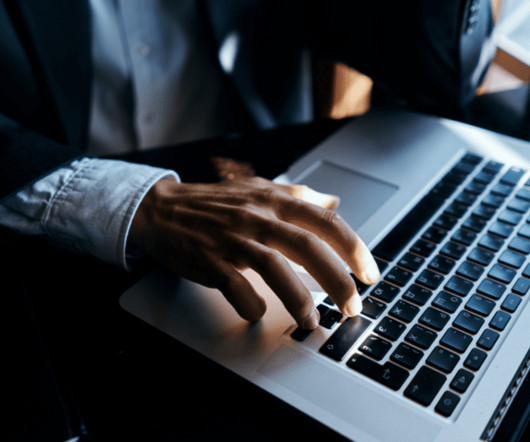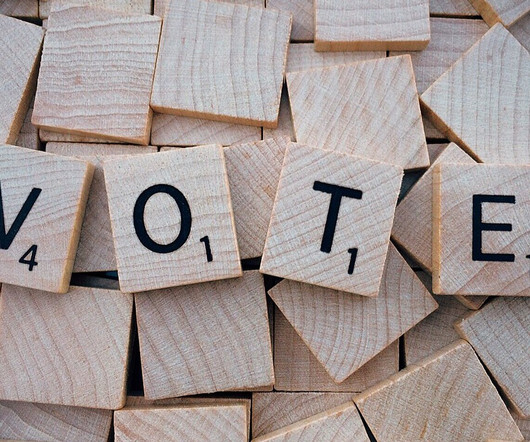A Path to eDiscovery Certification
Paralegal Bootcamp
MAY 11, 2023
Listen to this podcast interview of Michael Quartararo in its entirety here or read the highlights below to get important insights on getting your e-discovery certification. He is also the author of the 2016 book Project Management in Electronic Discovery , now in its second edition.














Let's personalize your content